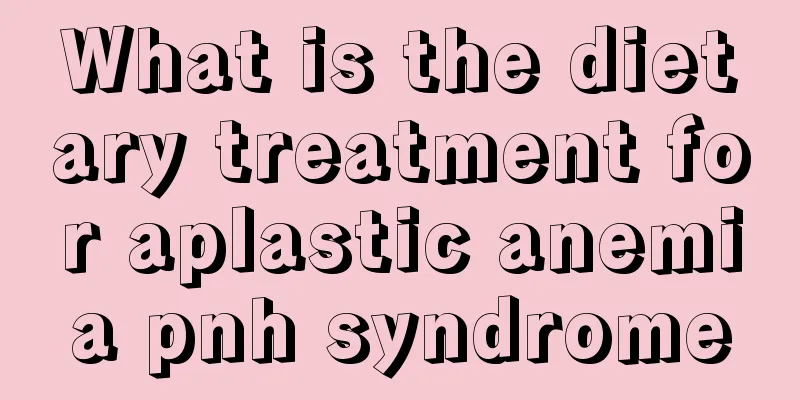Small airway lesions

|
Many people are diagnosed with "small airway disease" after examination, but non-medical students and practitioners outside the profession often do not know what it means. Small airway disease means that some small organs in the lungs have lesions and dysfunctions. The specific value of "small" has a special definition in medicine. This article introduces the details of this aspect. If you want to know more, you can take a closer look. Small airways: definition, pathology and dysfunction The lung is an organ with a branching structure that can be subdivided into many segments from the trachea (first-level airway) to the alveoli (23rd-level airway). Small airways are defined as those with an internal diameter less than 2 mm (including levels 8-23 airways), while large airways have an internal diameter greater than 2 mm (including levels 1-7 airways). In addition, lung tissue can also be divided into the conductive airway area that transports inhaled air (including the 1st to 16th level airways), the respiratory alveolar area that participates in gas exchange (including the 17th to 23rd level airways), and the transition zone between the two, located at the level of the terminal bronchioles. Pathologists have long confirmed that asthma is not only a large airway disease, but also a small airway disease. Moreover, it is generally believed that the small airways are the main site of physiological airflow limitation in asthma patients. Small airway dysfunction is evident in patients with severe asthma, but there is growing evidence that it also occurs in patients with milder asthma. In addition, the presence of distal airway inflammation and its physiological dysfunction associated with the small airways have been confirmed in patients with different phenotypes of asthma, such as nocturnal asthma, exercise-induced asthma, and allergic asthma. Drugs for the treatment of small airways In summary, existing pathophysiological evidence supports the treatment of small airway lesions in asthma patients; however, most inhaled therapies currently used in clinical practice cannot adequately deliver drugs to the distal lung areas, that is, the small airways. In a well-designed study, Berry et al. demonstrated the need for treatment of persistent small airway inflammation in patients with asthma. The study found that although the nebulized inhalation treatment of asthma patients had been optimized according to the four-step treatment method of asthma treatment guidelines, the levels of alveolar nitric oxide and eosinophils in the bronchoalveolar lavage (BAL) fluid of these patients were still elevated. Moreover, after these patients received double the dose of ICS inhalation treatment for 1 month, their alveolar nitric oxide levels did not decrease. Therefore, the researchers believe that traditional inhalation devices cannot effectively deliver drugs to the target area when treating persistent small airway inflammation. However, after the patients received 2 weeks of oral glucocorticoid treatment, their alveolar nitric oxide levels were significantly reduced. Therefore, this also supports the researchers' hypothesis that anti-inflammatory treatment should be targeted at the small airways of asthma patients. |
<<: How to detoxify hormone-induced face naturally
Recommend
Which hospital is best for TCM treatment of kidney cancer
Which hospital is good for treating kidney cancer...
Antisynthetase antibody syndrome
Disease has a huge impact on life. It not only br...
How to clean motor oil stains on clothes
Friends who work in environments such as garages ...
Can I still get my teeth straightened at the age of 21?
Some people think that they are already 21 years ...
Is it bad to use too much aloe vera gel?
Many people think that aloe vera gel is not good ...
Rational use of drugs for osteosarcoma
Osteosarcoma is a disease that is common among ad...
How much does it cost to care for fibroids
How much does it cost to care for fibroids? Befor...
What to eat to fight stomach cancer
What can you eat to fight stomach cancer? As for ...
Six months after tongue cancer surgery, my tongue is still numb and swollen
The tongue is still numb and swollen six months a...
What are the precursors of glioma
Glioma is a relatively common brain tumor. In the...
What are the early symptoms of lymphoma behind the ear
Lymphoma is a common disease in life. The most im...
Can I take a bath after having chickenpox
It is inevitable for children to get chickenpox. ...
Only with esophageal cancer examination can patients control the disease earlier
As a more serious tumor disease, esophageal cance...
What to do if you are stung by a moth
There are many small insects around us, especiall...
Why does my left eyelid keep twitching?
If we are encountering something difficult or ann...









